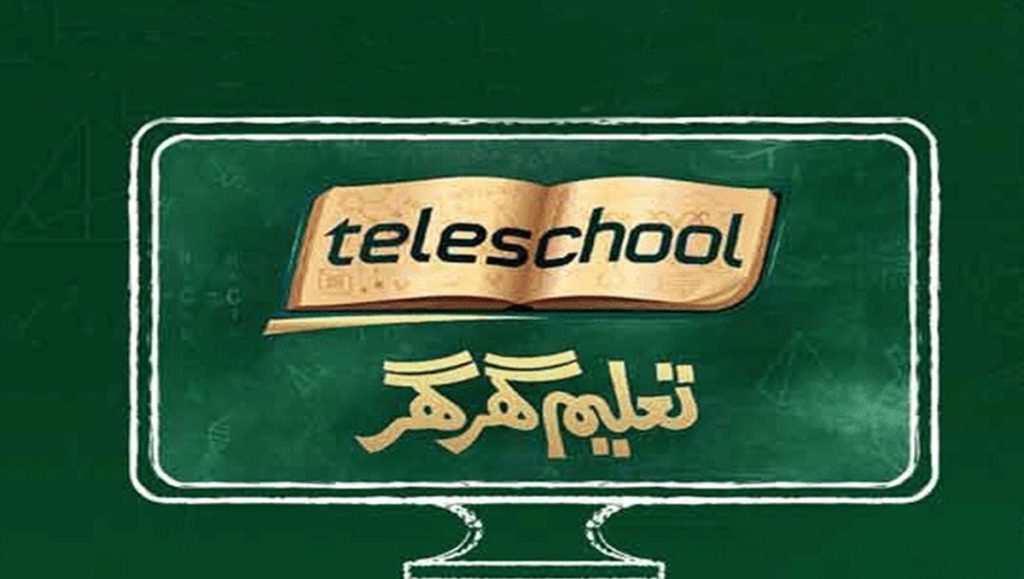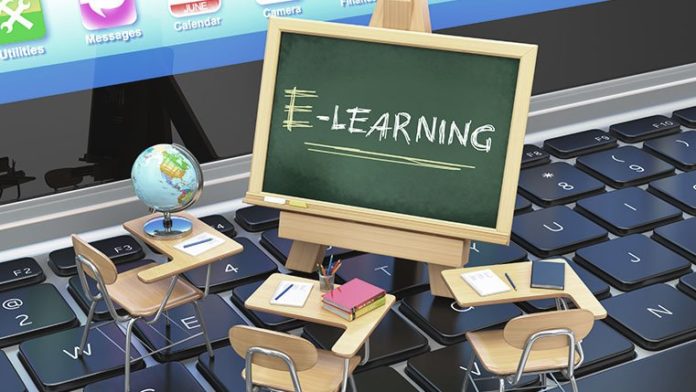As my six year old nephew in New York logged onto the tablet set up by his parents for his online school classes, I wondered at the pre-emptive measures that had been taken for the sake of education and certainly for the sake of normalcy during the onset of the pandemic. A beautiful example of E-learning as the new generation adapted itself towards this new reality of living and studying. However, this scenario was abroad, and one could understand that they would and could have the means and the drive to do so, but what of a still developing economy? Educational institutions in Pakistan shut down in the first phase; some declaring this a mid-semester break as that was the most common answer in the initial stages. A month later, we find the lockdown extension here in Pakistan has been a wise decision. Considering the surreal way the month has gone by, even now, the world does not have a cure. COVID-19 has changed world scenarios of economies and the way of living, bringing forth a new way of thinking and sustenance planning. Alongside with all of this is another interesting development which has been rolled out, a switch to the new norm of learning called E-learning also known as virtual education.
Once thought of only as a time bound switch without a real future this has now become a vital consideration for the learning communities. As every few days something new is revealed, one can safely say that although the process has been mapped out for containment, there is no game plan for any country as of yet as nobody could have anticipated the immense proportion in which this would change things. The global pandemic threw a curve ball for all segments of economy globally. Although Education was not considered at the top of the pyramid of essentials such as medical supplies, food and relief goods, that would affect survival immediately, education is certainly one that is considered the backbone of any civilized society.
E-learning or distance learning is not a new concept. It has already been existent for years the world over. The Virtual University, set up in 2002 by the Pakistani government, has already been using the internet to disburse education to students online and the President was seen lauding its efforts and progress only a few weeks ago. However, as the world shifts to a more remote way of working and more so in these times, if evaluated seriously, it is certainly a vastly unexplored full model here in Pakistan. An efficient and cost effective measure, it has far reaching potential and growth for the learning communities; both the educators and the students. Globally, universities have already started graduate degree programs years ago, however it has yet to be fully inculcated as a working system in Pakistan. Growing up, the thought of a virtual university would be an unbelievable one. Today, it seems to be the need of the hour to convert as Universities and schools rushed to retain uninterrupted calendar schedules in the scheme of things and try to carry on courses.
Here, there was a genuine question of how to keep up with the state of current education goals as a developing economy with several hundreds of thousands who are still under poverty level. The other perception was this was supposed to be a temporary switch (as initially thought for the first few weeks) and a country where not all of the population was digitally connected, remote learning, even in local schools would be a major issue in itself. The government here has taken certain measures within their programs for steps towards future planning especially in terms of building capacity for connecting technology and education.

Realization has set in that the novel coronavirus will certainly have a long lasting impact on sustainability goal plans for every country. In trying to keep stability and continuity the state has immediately implemented measures through various instruments of technology. Here, we certainly saw that the local universities under the directives of HEC (Higher Education Commission, Pakistan) adapted the E-learning process and are trying to sustain the distance learning concept effectively. During this crisis, the government has also launched Tele-School, a new educational television channel giving classes which will broadcast educational content for the children at home. The course curriculum has been developed with the assistance of Pakistani Ed-Tech companies. One must also note any government initiatives are certainly at a low-cost for the mass population who are not able to afford private institutions. The value of relaying information via digital means can have its benefit given the infrastructure is strong enough.
As classes and meetings resumed over different media some skeptics have argued that COVID-19 would soon be over and this conversation and model would not be applicable for several reasons here as it’s simply not feasible as a permanent business model. They argue that the semantics of engaging technology in such a setup within the country is simply not possible at the current moment of time. However, looking at the reality of the situation given the lockdown may last a little while longer and the economy as well as all sectors of economy will take a long while to recover, this may be the next prominent feature inculcated into school programs even after all this is over. Would remote working and distance learning be the essential pillar that a new Pakistan would be set upon? Technology is an enabler and equalizer, true enough, however, another problem the country faces is connectivity in itself as a cost. It also has to be kept in mind that although it is much easier to shift a young adult generation to online education than for children at the primary level of schooling. The actual reach of children studying and to apply the information given in the lecture maybe a very different case to implement for grades that at middle school or even at the primary level.
Another consideration is that a move towards a digital medium should be that any data/ information relayed is streamlined especially in terms of education and the educational system. Distance learning is supposed to deliver data and information in essential a democratization of learning communities given the system itself is efficient enough to transfer that knowledge without hindrance.
The message on the shift towards E-learning is quite clear-that it is subsequently the next step in education in Pakistan. The global crisis has transformed lives in each part of the world in a unifying step. The answer lies in how soon are we all able and prepared enough to adjust our systems for future sustainability in terms of digital growth. These challenging times have certainly opened the gateway for future planning for living conditions worldwide. It is now up to us how we adjust ourselves to the reality of a changed world.




